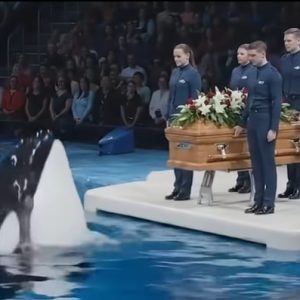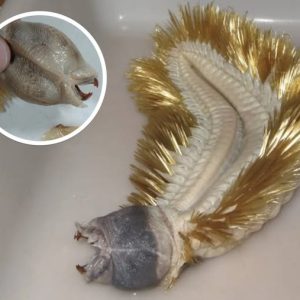When a young sperm whale washed up on a beach in southern Spain, scientists rushed to understand what had gone wrong. What they discovered was both heartbreaking and infuriating: the whale had more than 66 pounds of plastic waste crammed inside its stomach.
The 33-foot-long whale had stranded on the shores of Cabo de Palos in Murcia. These massive marine mammals typically feed on squid and small sharks—but instead of food, the whale’s stomach was filled with a disturbing mix of garbage: plastic bags, straw wrappers, fishing nets, ropes, and even a broken water container.
Experts believe the whale died because it couldn’t pass or digest the debris, leading to a fatal blockage or severe internal infection.
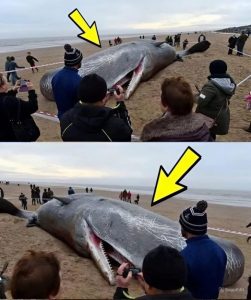
“The amount of plastic in our oceans is one of the biggest threats to marine life,” said Consuelo Rosauro, Director General of the Environment in Murcia. “Many animals either become entangled or ingest plastic without realizing it—often resulting in a slow, painful death.”
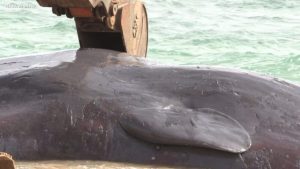
This tragic case is a stark reminder of the plastic crisis growing beneath the waves. Right now, an estimated 150 million tons of plastic pollute our oceans—and we’re dumping in another 8 million tons each year.
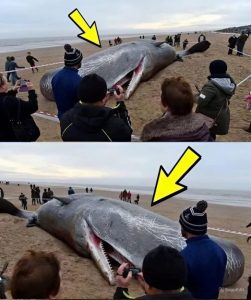
For sea creatures like this young whale, the consequences are not just environmental—they’re deadly.


